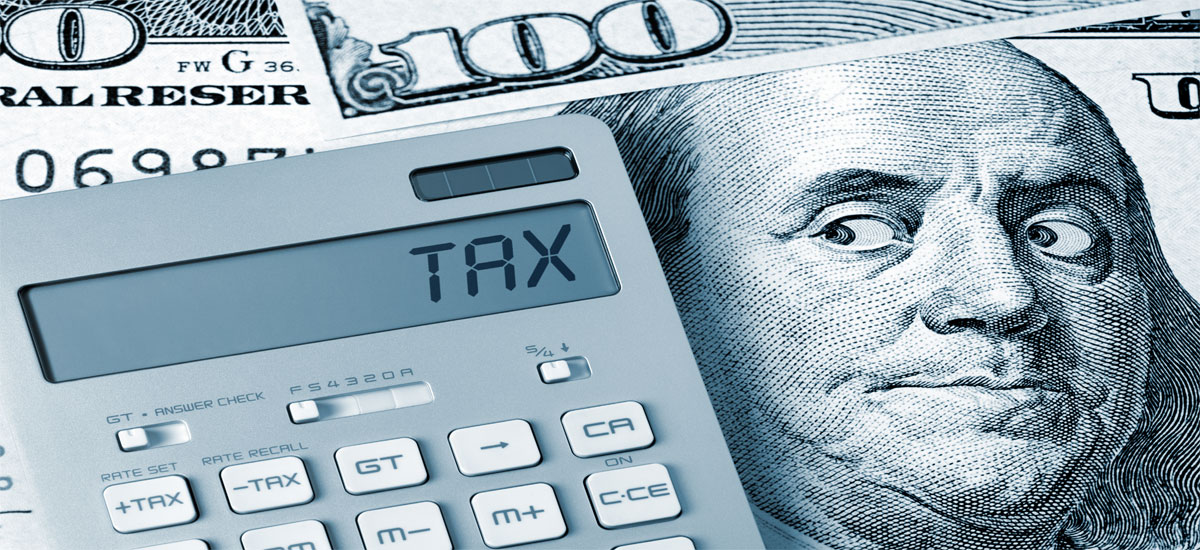
Posted on 2023-03-19 12:58:32 | by Admin
GST/HST for Dentist!
In Canada, the Goods and Services Tax (GST) and Harmonized Sales Tax (HST) are applied to many goods
and services, including some health care services. However, the provision of most medical and dental
services by licensed practitioners is exempt from GST/HST.
This means that if you receive dental services from a licensed dentist in Canada, you will not have to pay
GST/HST on those services. However, some dental services may not be exempt from GST/HST, such as
cosmetic procedures that are not considered medically necessary.
It is important to note that GST/HST rules and exemptions can vary depending on the specific
circumstances and the province or territory in which the services are provided. You may wish to consult
with a tax professional or the Canada Revenue Agency for more information about GST/HST on dental
services in your area.
Dentist services that are exempt from GST/HST?
Some examples of dental services that are generally exempt from GST/HST include:
Routine check-ups and cleanings
Fillings and other restorative procedures
Root canals
Extractions
Dentures and other prosthetics
Orthodontic treatment (e.g. braces)
It is important to note that the exemption does not extend to products sold by the dentist, such as
toothbrushes or dental floss. These items may be subject to GST/HST.
What are the dentist services that are taxable under GST/HST?
Some examples of dental services that may be subject to GST/HST include:
Teeth whitening or bleaching procedures that are not medically necessary
Cosmetic bonding or veneer procedures
Cosmetic orthodontic treatment (e.g. clear aligners for minor misalignment)
Procedures that are not considered medically necessary for the treatment of a dental condition
(e.g. removal of healthy teeth for cosmetic reasons)
GST/HST exempt products or services!
In Canada, the Goods and Services Tax (GST) and Harmonized Sales Tax (HST) are taxes that are added to
the price of most goods and services. However, there are some products and services that are exempt
from GST/HST. This means that no GST/HST is added to the price of these items, and they are generally
less expensive for consumers.
The following are some examples of products and services that may be exempt from GST/HST:
Basic groceries (e.g. fruits, vegetables, bread, meat, dairy)
Prescription drugs and most health care services provided by licensed practitioners
Child care services and many educational services
Rent for residential units
Certain financial services (e.g. bank account fees, insurance premiums)
It is important to note that not all products and services are exempt from GST/HST. In fact, many goods
and services are subject to GST/HST at a rate of either 5% or the applicable HST rate in the province or
territory where the transaction takes place.
Can you claim ITC when providing services that are GST/HST exempt?
If you provide services that are exempt from GST/HST in Canada, you generally cannot claim Input Tax
Credits (ITCs) on the GST/HST paid on inputs (such as supplies, equipment, or services) used to provide
those exempt services. This is because ITCs are only available for GST/HST paid on inputs used to
provide taxable goods and services.
However, if you provide both exempt and taxable goods or services, you may be able to claim ITCs for
the GST/HST paid on inputs used to provide the taxable goods or services. In this case, you would need
to calculate the percentage of inputs that are used to provide taxable goods or services and only claim
ITCs for that portion of the GST/HST paid on those inputs.
It is important to keep detailed records of your inputs and the portion of them used for taxable versus
exempt purposes in order to accurately claim ITCs. You may wish to consult with a tax professional or
the Canada Revenue Agency for more information on claiming ITCs in these situations.



